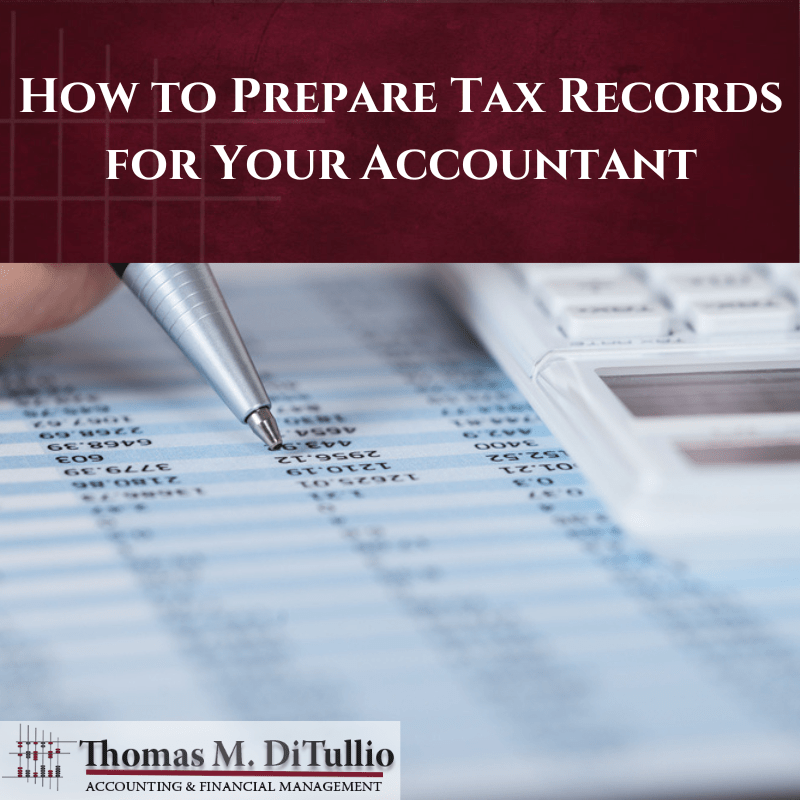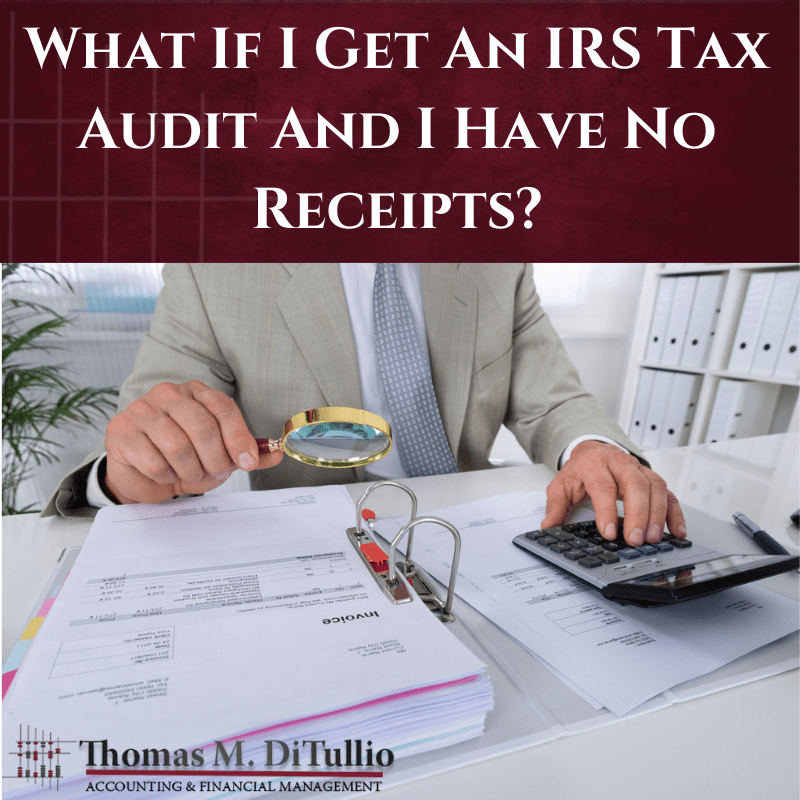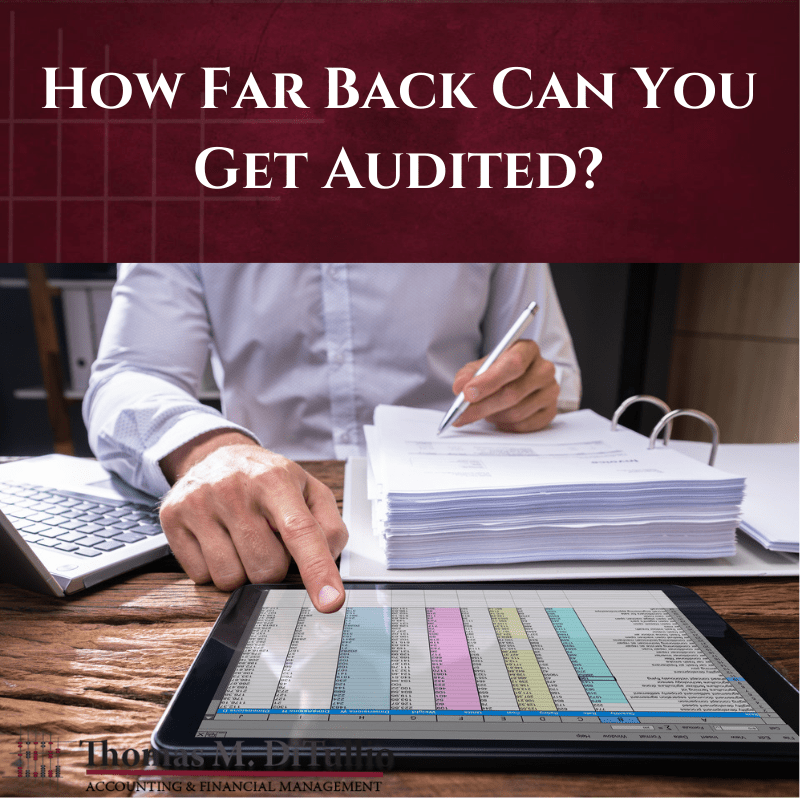Tax Planning vs. Tax Preparation: What is the Difference?
Most taxpayers want to find ways to reduce how much they might have to pay in taxes. A good way to reduce your tax burden is to work with a tax professional. However, many people confuse tax preparation with tax planning. While both types of services are important, they have separate purposes. Here’s some information about the differences between tax preparation and tax planning from the accounting professionals at TMD Accounting.
Understanding Tax Preparation
Most Americans of working age are required to file income tax returns every year. However, the tax filing process can be complicated, leaving many people uncertain about how to file their tax returns properly. Mistakes made on your tax returns could result in you owing more money than you anticipated. Tax preparation services help with filing your tax returns and ensuring they are correct. Most tax preparers will offer help with filing your returns with local, state, and federal tax authorities.
Tax preparers use your financial information to fill out your income tax returns while complying with relevant laws. They also check to see whether you might qualify for deductions or credits that can reduce your tax bill. If your tax situation is complicated, hiring a professional tax preparation service can be helpful. Doing so can also be important if you have undergone recent changes in your life, including a job or household size change.
Understanding Tax Planning
While tax preparation is completed before you file your income tax returns, tax planning is a service that helps you to plan ahead to optimize your situation to minimize or avoid any tax consequences that you might face as a result of your financial decisions. Tax planning can help you make financial choices that are better for your overall financial situation.
Tax planning is geared toward helping you make proactive decisions about specific areas of your finances, including investments, retirement accounts, inheritances, estates, businesses, and charitable contributions that could impact your tax situation. While tax preparers might give you advice when they prepare your tax returns, their advice is typically general and not intended for you to use for proactive decision-making.
Accounting professionals that provide tax planning services thoroughly research to gain a solid understanding of both your current finances and your future goals so that they can make specific recommendations. If you want tax planning, you will need to ask your accountant specifically for this service so that they understand what you are wanting.
If you already use a tax preparer, you might need to look for a different tax professional for tax planning. many tax preparers are only trained to help their clients comply with their tax obligations and might not know enough about the system to make informed and knowledgeable recommendations.
Tax Planning Vs. Tax Preparation
Since you likely are required to file annual income tax returns, you will likely benefit from tax preparation services. You can either choose to complete and file your return by yourself or get help from a tax preparer. If your tax situation is complex, it might be worthwhile to get professional help to prepare your tax returns. A professional tax preparer can ensure you complete your tax returns correctly and claim the deductions and credits for which you are eligible. This can help you to save money.
While tax planning is not essential for everyone, it is worthwhile for many people. Many decisions you make about your finances could have a large impact on your taxes for years. Understanding the impacts your financial choices might cause can help you make better decisions that can also play a role in your overall financial planning.
Why the Assistance of Tax Professionals Is Beneficial
Tax professionals offer a substantial amount of knowledge about the tax laws and how they can impact both how much taxes you might owe and your overall financial picture. Taxes are complicated, and the federal tax code contains more than one million words. Most people do not have a good understanding of the U.S. tax system and the rules that you can use to save money.
Tax professionals can help to eliminate a lot of uncertainty. Even if you only work with a tax preparer, they can help you claim credits and deductions that you were not previously aware of. If you hire a tax planning professional, you might derive even greater tax benefits. A tax planning professional can help you understand how to plan for retirement, invest, and leverage charitable contributions for the greatest benefits. They can also help you understand how your financial goals might affect your tax situation.
Working with tax professionals also offers you some peace of mind. You won’t have to worry nearly as much if you are selected for an audit. A professional is less likely to make errors on your tax return.
Finally, tax professionals can help to optimize your financial plans. When you work with a tax planning professional, you might find that it is easier to make otherwise stressful financial choices and follow through with them because you will know what the likely outcomes will be.
Both tax preparation and tax planning can offer numerous benefits that you can benefit from. However, they are different services. Understanding your financial needs can help you determine which of these services you might need or possibly help you to determine that you might need both.
Contact TMD Accounting to Find an Accountant for My Small Business
If you want help with tax planning and tax preparation for either yourself or your small business, you should reach out to the professional accountants at TMD Accounting. We offer small business accounting services and individual tax planning services and can help you understand your tax situation and guide you toward reaching your financial goals while minimizing your tax burden. Call us today to schedule an appointment at 1-856-228-2205.












